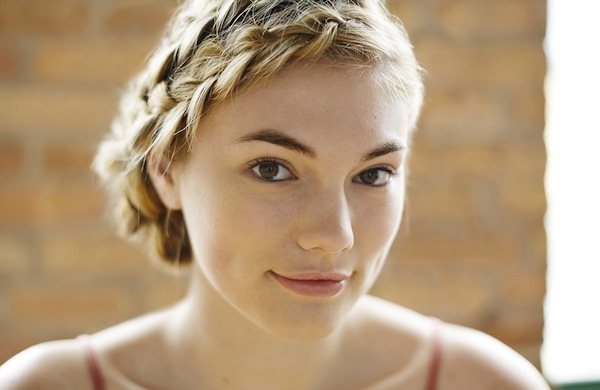
Acne is the most common skin disease—an estimated 80% of the population has experienced it at some point in their lives. It occurs when oil mixed with dead skin cells clogs follicles, leading to the growth of bacteria. One potential way to treat acne is an anti-acne facial performed by a licensed aesthetician.
What is an anti-acne facial?
Anti-acne facials attempt to kill acne bacteria, unclog pores, and reduce oil production.
What happens during the treatment?
Aestheticians first remove makeup and dirt from the skin using a cleanser formulated for acne. After analyzing acne, blackheads, and red marks with a brightly lit magnifying lamp, the aesthetician usually opens up pores with steam and exfoliates the skin. They may perform extractions to remove clogs, though they should never attempt to extract deep and inflamed blemishes such as nodules or cysts.
The skincare expert might then perform a facial massage to boost lymphatic drainage before applying various products to reduce surface oil, fight acne bacteria, unclog pores, and calm inflamed skin.
How long does the facial take?
Like most facials, they generally last about 60 minutes.
What special ingredients and techniques are typically used to target acne?
Aestheticians usually use a cleanser containing such proven anti-acne ingredients as benzoyl peroxide (which helps kill acne bacteria) or salicylic acid (which helps exfoliate the clogged pores). They may also use a clay mask or other oil-fighting products, as well as products with anti-inflammatory ingredients like chamomile and feverfew.
What are the limitations of anti-acne facials?
Depending on the severity of your acne and the treatment’s ingredients, anti-acne facials may not be effective at all. It’s important to look at the ingredients used in the skincare products to determine whether they’ll be effective. For instance, benzoyl peroxide, salicylic acid, and sulfur are proven acne fighters, but they may not work on moderate to severe acne. People with moderate to severe acne are usually better off seeing a dermatologist. However, those who suffer from mild acne might benefit from professional exfoliation, sebum-softening steam, oil-fighting masks, and proven over-the-counter acne-fighting ingredients.

Check out more reads related to skincare:
They might not judge you, but they’ve got some pretty good reasons why you shouldn’t do it.
We asked a professional makeup artist what to do when your eyes look tired, you can’t find the right foundation for your skin, and concealer only makes that pimple look worse.











